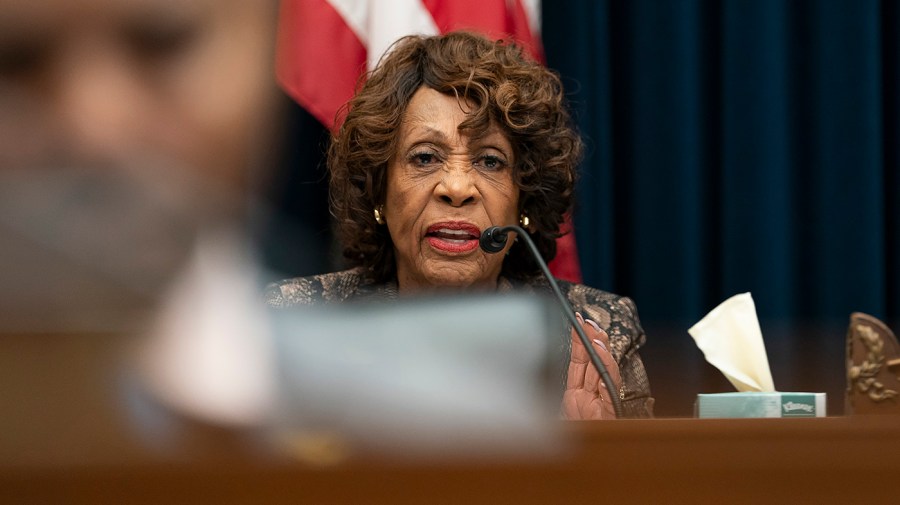
Sen. Elizabeth Warren (D-Mass.) and REp. Maxine Waters (D-Calif.) teamed up to question the Federal Reserve’s proposal to “upend” bank stress testing framework in a Monday letter in which they described the move as a “serious threat.”
“We write to express serious concern regarding the threats to the banking system and the economy posed by the Federal Reserve Board’s December 2024 announcement that it will begin a rulemaking that could upend the stress testing framework used to ensure that banks are prepared for financial and economic shocks and downturns,” the two wrote in a letter addressed to Fed Chair Jerome Powell.
“The new rule comes as big banks aggressively seek changes—from the Fed, and through the courts —that would threaten the whole point of stress tests—to ensure that banks have adequate risk controls and are sufficiently capitalized to withstand adverse economic conditions without collapsing, requiring bailouts, or putting the whole financial system at risk.”
The U.S. Federal Reserve announced it was considering altering the annual bank “stress tests” on Dec. 23. It floated the idea of allowing lenders to comment on the hypothetical scenarios used for annual bank health checks.
Stress tests were instituted after the financial crisis in the 2000s to make sure that banks were sufficiently capitalized to handle losses during downturns.
Warren and Waters said the change would empower banks to adapt balance sheets that reflect a form of artificially calculated stability, leaving consumers and their finances susceptible to major losses by foregoing protections outlined under the current model.
“Disclosing information on the internal models enables big banks to game the stress tests and engineer their balance sheets to limit projected losses, reducing the capital required by the tests and increasing correlations across the banking system,” they wrote.
“This dynamic increases big banks’ capacity for share buybacks and dividends, at the expense of their resiliency to stress,” they added.
Lawmakers noted “big banks’ loss-absorbing cushions” have stopped increasing or have actually decreased since 2017, depending on the preferred measurement of capital.
Their letter also quoted Greg Feldberg, research director of Yale’s Program on Financial Stability, who said the Fed’s disclosures about its models and methods, along with the Bank of England’s, are already far more transparent than other authorities across the world.
Powell, who will be responsible for overseeing any proposed changes, has not shared any intentions to defend the legality of current stress tests in court.
He may be asked to defend his stance during his twice yearly testimony before Congress at the Senate Committee on Banking Housing and Urban Affairs on Tuesday, of which Warren is a ranking member, as well as the House Financial Services Committee.
Warren and Waters allege Powell’s support for the proposed transparency contradicts his 2017 testimony before Congress where he said similar modifications would increase risks.
The two senators have asked him to explain the reasoning behind his change in opinion in a response to their letter by Feb. 24.
While the Fed is required to test banks’ balance sheets under the 2010 Dodd-Frank law, it is not mandated to perform capital adequacy analysis or the resulting capital it directs lenders to set aside according to Reuters.












